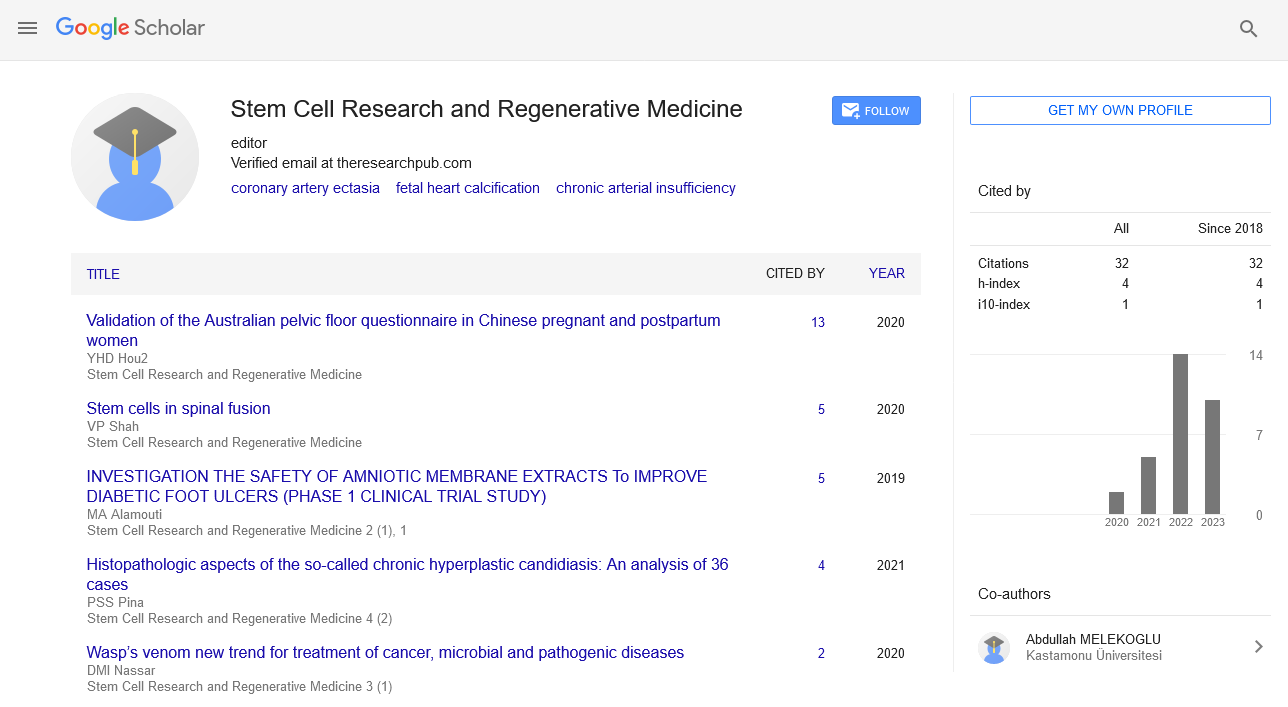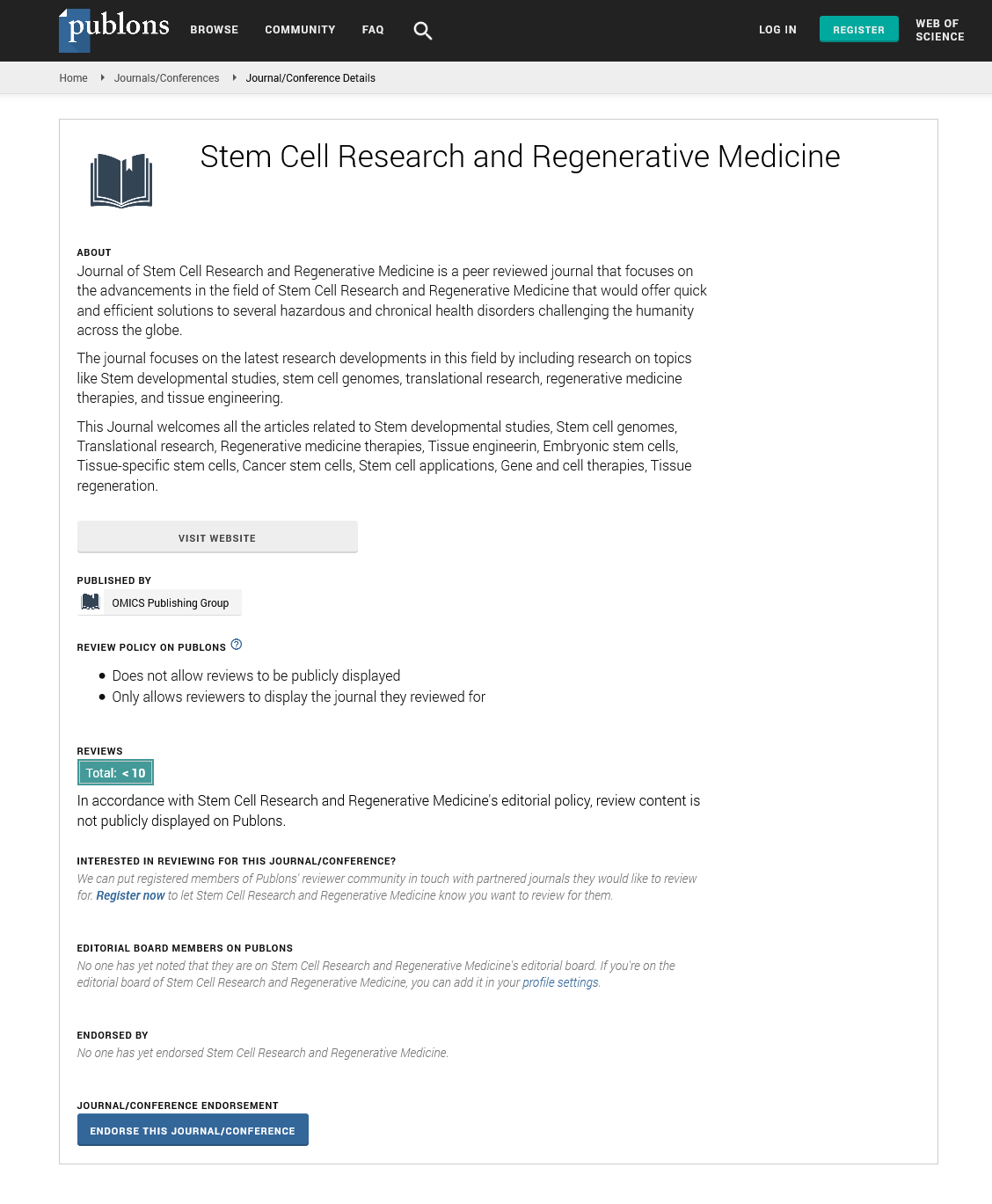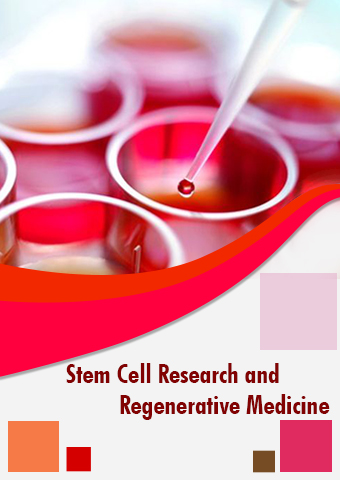Short Communication - Stem Cell Research and Regenerative Medicine (2020)
The potential anti cancer effects of L-Carnosine in MCF7 breast cancer cells
Selma Aydemir, Belma Nalbant, Nevin Ersoy, Zeynep Yüce and Başak Baykara
Dokuz Eylül University, Turkey
Abstract
Breast cancer a common among cancer types in women, every year more than 1,000 women (<40 age) die from breast cancer. There are many different types of breast cancers. More studies try to find spesific predictive and prognostic biomarkers. L-carnosine is a dipeptide, occuring histidine and used in various cancer cell lines. Which has been shown anti-tumor effets for a variety of cells derived from different cancer. On the other hand, which plays as an antioxidant and scavenges intracellular reactive oxygen species (ROS), and then apoptosis. We aimed at investigating the potential anti-tumor effects of L-carnosine in MCF7 cancer cells. We examined different concentration to find L-carnosine’s inhibitory effect.
Method: MCF-7 breast cancer cell line was cultured with L-carnosine 1mM, 25 mM, 50 mM,100 mM for 24, 48 and 72 hours. MCF-7 cells are fairly large adherent cells. We calculated cell diameter to cell without L-carnosine and cell with L-carnosine at 24, 48 and 72 hours. Cell diameter calculated by software in microscope. The ability of the cells were determined by crystal violet fixation and staining method used to detect viable cells. Immunofluorescent staining were used to for detection GLUT 1, GLUT 3 and GLUT 12 (Abcam, 1:100). Microscopic analysis for results were examined Zeiss LSM 880 confocal microscope.
Results: In 24 and 48 hours cultured MCF7 cell lines, incubated with L-carnosine 1mM, 25 mM, 50 mM,100 mM, according to the control reduced cell diameters shrinked and decreased cell viability. When GLUT 1, GLUT 3 and GLUT 12 expressions evaluated according to 24, 48, and 72 hours and concentrations of L-carnosine GLUT protein expression was changed. Supported by morphological and immunofloresence imaging.
Conclussion: This study is provided that L- carnosine may considerable effects to improve breast cancer diagnosis and therapy.
Biography
Selma Aydemir was born in Izmır, TURKEY. She graduated from Ege University with bachelor degree in biology as a honour student and then she graduted master degree from Dokuz Eylül University Faculty of Medicine, Department of Histology and Embryology. Now, she is an PHd student at same university. She work glucose metabolism in the placenta and histopatological disease research; role of antioxidant in kidney, heart, brain, liver and inflammatory bowel disease (IBD).


